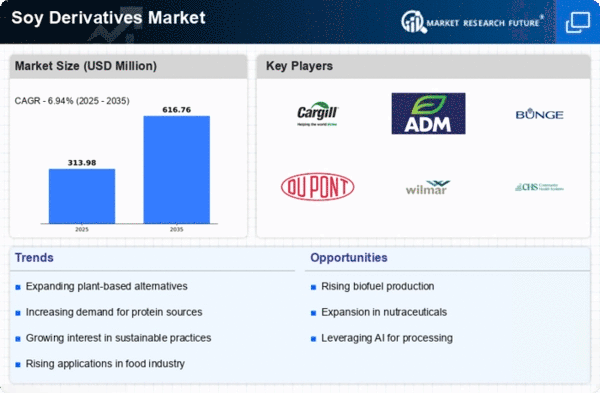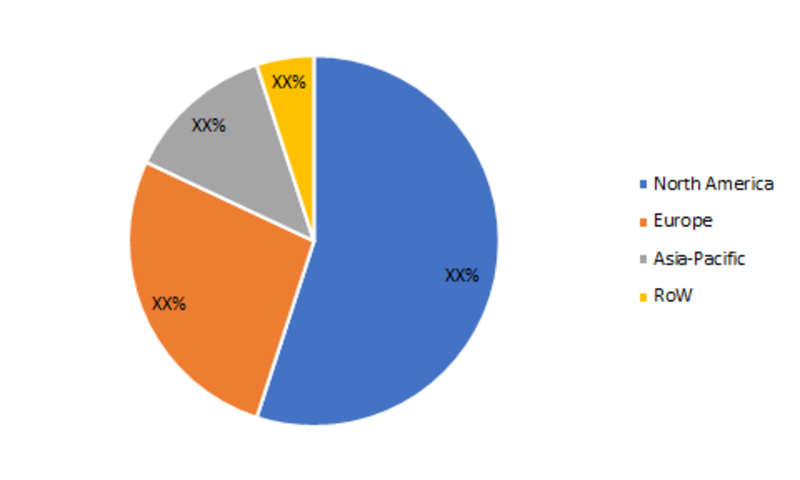Market Share
Soy Derivatives Market Share Analysis
Creating innovative products is a key strategy for manufacturers in the milk protein market to stand out from competitors, broaden their customer base, and potentially increase profits. One major area of innovation is the development of specialized protein ingredients that can be used in a variety of food and beverage products. In particular, milk protein isolates and concentrates have diverse applications, including sports nutrition products, infant formula, and meal replacements. A notable example is the introduction of Lactel Turbo Yoghurt Drink by Lactalis India in August 2021, a protein-packed yogurt beverage.
Manufacturers have the opportunity to explore new applications for milk proteins, such as incorporating them into plant-based products or creating products tailored to specific health needs like weight management or muscle building. This continuous exploration and development of new and innovative products play a crucial role in the milk protein market. It allows manufacturers not only to differentiate themselves from competitors but also to adapt to the changing preferences and needs of consumers.
Moreover, there is an emerging opportunity to delve into alternative protein sources beyond traditional milk protein. For instance, manufacturers can focus on developing products that utilize plant-based proteins like soy or pea protein. These alternatives are not only in line with the growing demand for plant-based options but also cater to consumers following vegetarian or vegan diets. Another avenue to explore is incorporating other animal-based proteins, such as whey or egg protein, into products. This diversification allows manufacturers to tap into a broader market and cater to different consumer preferences.
In conclusion, the milk protein market presents exciting opportunities for manufacturers willing to innovate. Developing unique products with functional and nutritional benefits enables companies to distinguish themselves, attract a wider customer base, and potentially achieve higher profit margins. Whether it's exploring new applications for milk proteins, venturing into alternative protein sources, or creating products for specific health needs, the key to success lies in continuous innovation. This approach not only meets consumer demands but also keeps manufacturers at the forefront of a dynamic and evolving market.



















Leave a Comment